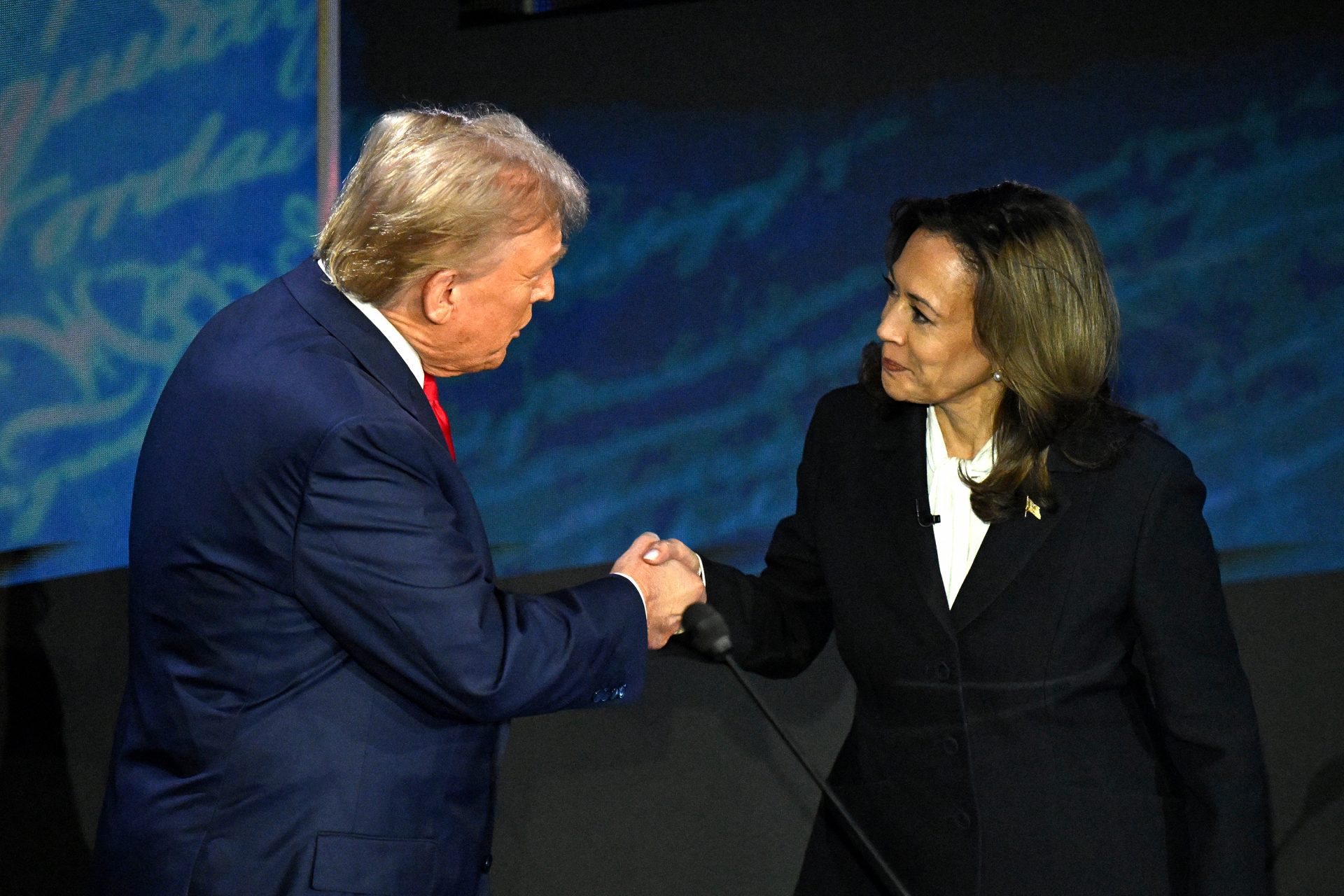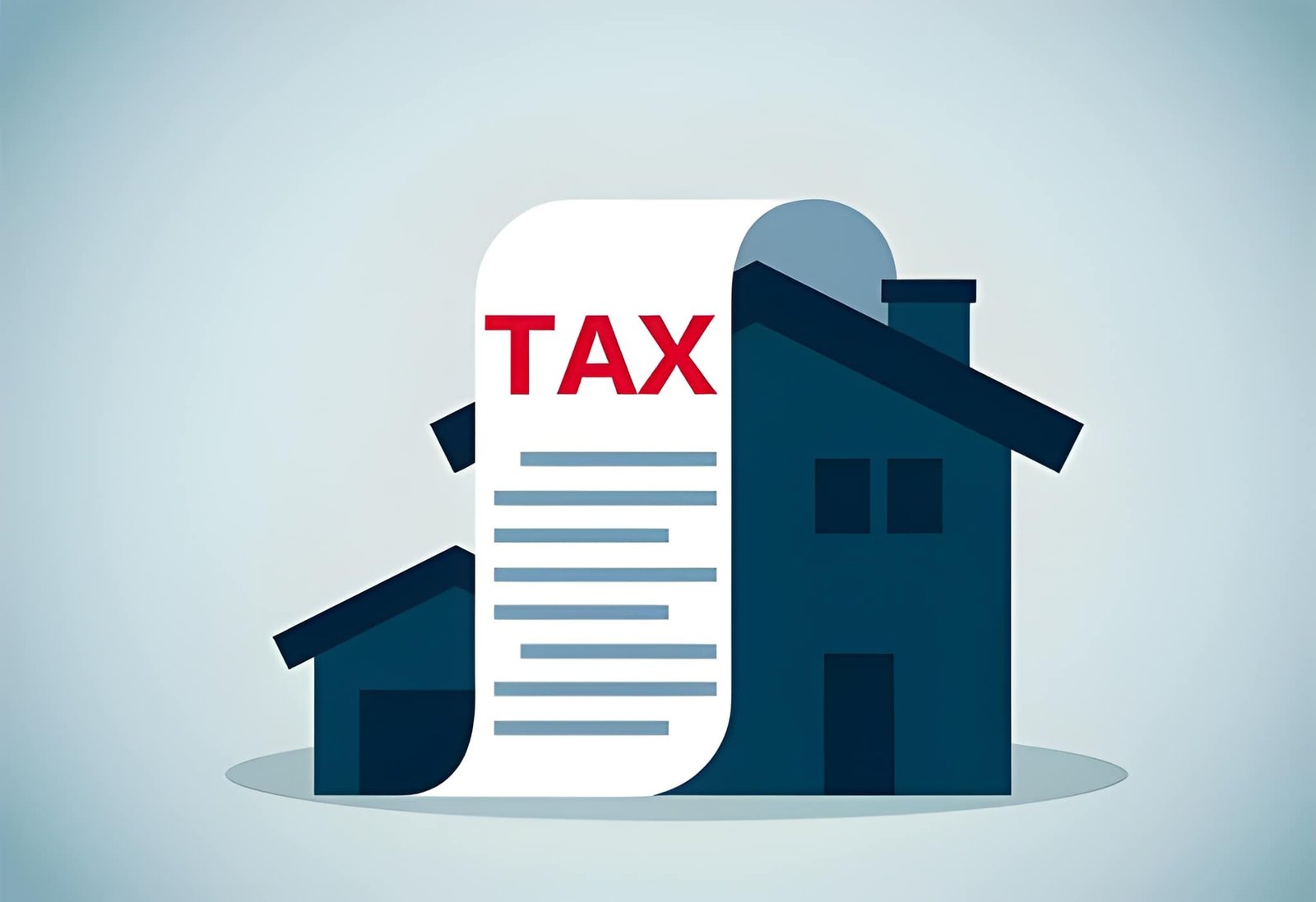By Eugene Kiely, Robert Farley, D’Angelo Gore, Lori Robertson, Jessica McDonald, Saranac Hale Spencer, Alan Jaffe, Kate Yandell, Ben Cohen, Logan Chapman, Sarah Usandivaras and Ian Fox
CQ-Roll Call
(TNS)
The highly anticipated debate between former President Donald Trump and Vice President Kamala Harris was a combative event in which facts were repeatedly trampled and distorted. [Editor’s note: We are excerpting portions of this article that focus solely on tariffs and taxes. You can read the full article here.]
The debate was hosted by ABC News on Sept. 10.
Tariffs
Harris claimed Trump intends to enact what in effect is a “sales tax,” which she said economists estimate would raise prices on typical American families by $4,000 a year. That’s a high-end estimate from a liberal think tank about Trump’s plan for “universal baseline tariffs” on imports.
But Trump was also wrong when he claimed Americans would not pay higher prices due to tariffs, and that the higher prices would be borne by the countries the tariffs are levied against. Many nonpartisan economists disagree about the amount that Trump’s proposed tariffs would raise prices for American consumers, but most agree it would be substantial.
According to Harris, her opponent “has a plan that I call the Trump sales tax, which would be a 20 percent tax on everyday goods that you rely on to get through the month.” She said, “Economists have said that that Trump sales tax would actually result for middle-class families in about $4,000 more a year.”
As we’ve written, Trump has been inconsistent and opaque about what exactly he is proposing, but most often he has talked about a 10 percent across-the-board import tax combined with a 60 percent tariff on Chinese goods. On other occasions, he has floated a baseline tariff as high as 20 percent.
The estimate cited by Harris, $4,000, comes from a liberal think tank, the Center for American Progress Action Fund, based on a 20 percent across-the-board import tax combined with a 60 percent tariff on Chinese goods.
Other nonpartisan groups have come in with lower estimates. Based on a 10 percent worldwide tariff and a 60 percent tax on imported Chinese goods, the Tax Policy Center estimated a more modest $1,350 cost to middle-income households. Using those same parameters, an analysis from the Peterson Institute for International Economics concluded Trump’s proposed tariffs would cost a typical middle-income household about $1,700 in increased expenses each year. The Tax Foundation estimates such tariffs would amount to an annual tax increase on U.S. households of $625.
So Harris has taken advantage of Trump’s inconsistent comments about the amount of his proposed universal tariffs to provide a high estimate of its cost to Americans. But Trump’s claim that his tariffs wouldn’t cost Americans at all is misleading.
Americans are “not going to have higher prices,” Trump said. “Who’s going to have higher prices is China and all of the countries that have been ripping us off for years.”
As FactCheck.org noted above, economists say American consumers, at least in the short term, would see higher prices due to a universal tariff.
As Erica York, senior economist and research director with the Tax Foundation’s Center for Federal Tax Policy, told us earlier this year, “When the U.S. imposes a tariff, the person in the United States who is importing the good pays a tax to the U.S. government when they import the foreign goods. U.S. tariffs are taxes on U.S. consumers of foreign goods that must be paid by the importer of the good.”
Trump tax cuts
Harris misleadingly claimed that Trump’s tax proposal seeks to “provide a tax cut for billionaires and big corporations, which will result in $5 trillion [added] to America’s deficit.”
That’s the estimated 10-year cost of extending all the tax cuts in Trump’s 2017 tax law, but those tax changes benefited people of all income groups.
As we’ve written, the vice president is referring to a 10-year cost estimate of extending all the income and corporate tax cuts included in the Tax Cuts and Jobs Act, which Trump signed in December 2017. If Congress does not act, many of the tax cuts, including the individual income tax cuts, will expire after 2025. Trump has proposed keeping them.
But extending the tax cuts would not just benefit large corporations and billionaires, as Harris suggested.
Howard Gleckman, a senior fellow at the Tax Policy Center, wrote in a July 8 blog item that it would cost an estimated $4 trillion over 10 years to extend the TCJA’s expiring tax cut provisions. If that happens, less than half—about 45 percent—of the tax cut benefits would go to taxpayers earning $450,000 or more, Gleckman said.
For example, under the TCJA, the child tax credit doubled from $1,000 to $2,000 per child, and the first $1,400 was made refundable, meaning the credit could reduce a family’s tax liability to zero and it would still be able to receive a tax refund, according to a Tax Policy Center analysis. The income cutoff for the child tax credit, or CTC, also increased from $110,000 to $400,000 for married couples filing jointly. Those earning less than $400,000 also benefit from changes made in 2017 to the individual tax rates and brackets—which also will expire after 2025 unless Congress acts.
Overall, the Tax Policy Center’s distributional analysis found that the tax burden of a typical household in the middle-income quintile would decrease by 1.1 percent should Congress extend the TCJA’s provisions, as compared with a 1.7 percent decrease in the tax burden for a typical household in the top income quintile.
_______
©2024 CQ-Roll Call Inc., All Rights Reserved. Visit cqrollcall.com. Distributed by Tribune Content Agency LLC.
Thanks for reading CPA Practice Advisor!
Subscribe Already registered? Log In
Need more information? Read the FAQs




